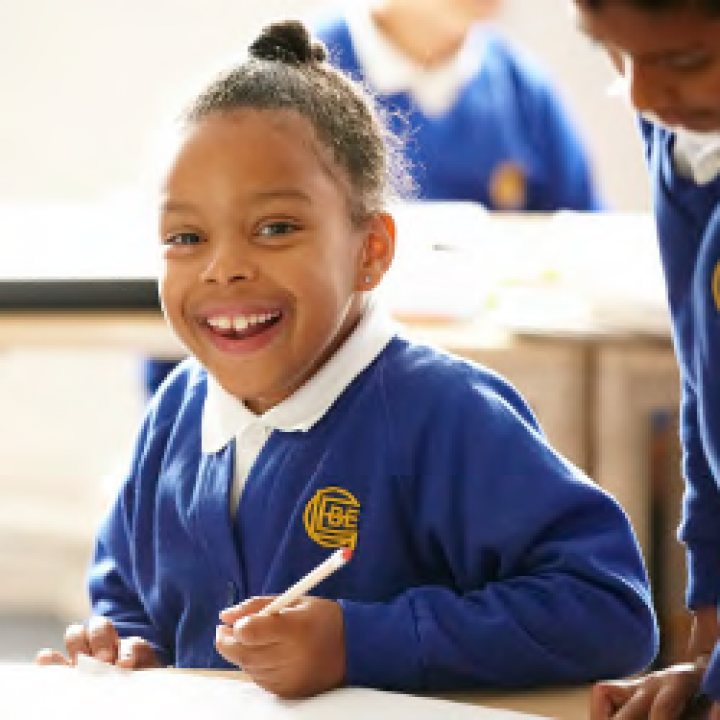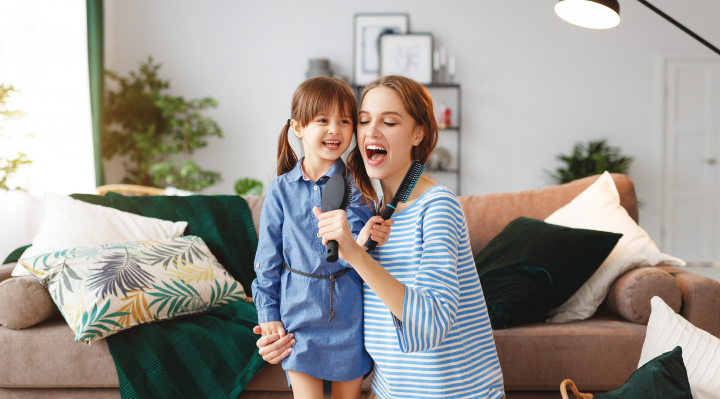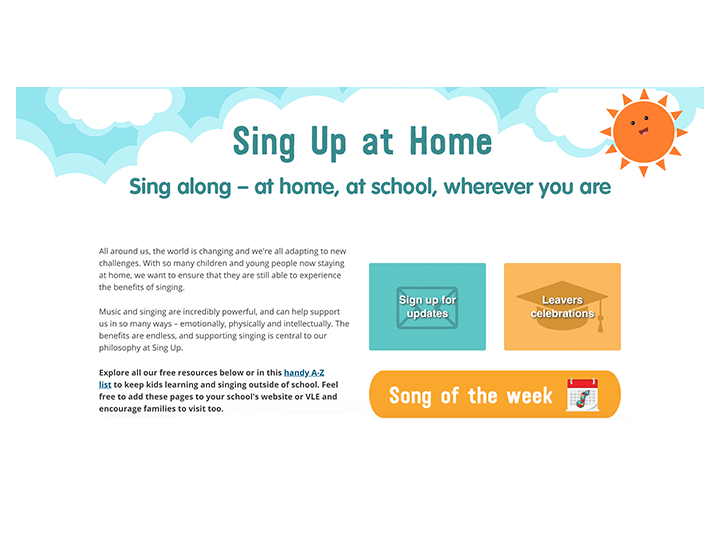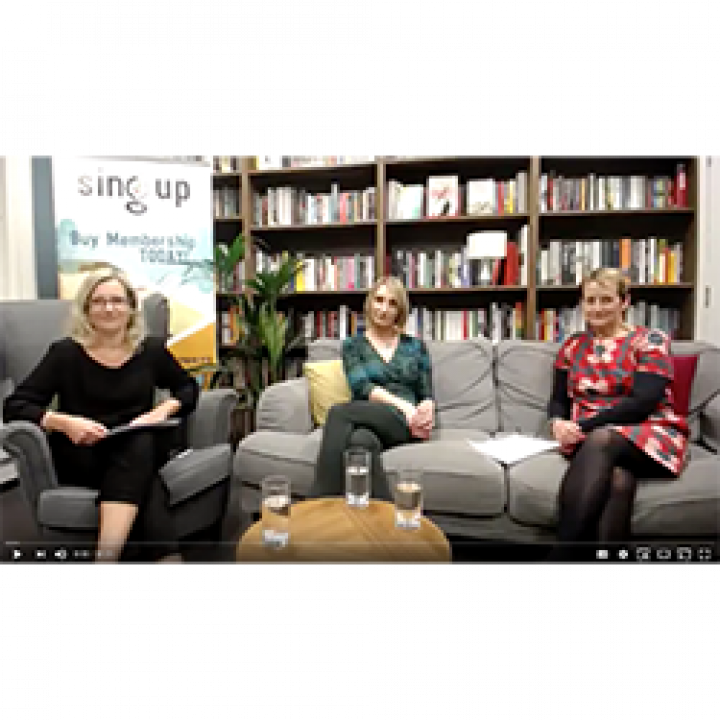
It all began on a typical morning in Year 4 at Crampton Primary School, Southwark. The pupils were beginning their numeracy lesson by joining me, their music-loving teacher, in singing a chorus of the six-times table song.
‘...and four times six is twenty-four.’ I sang, enthusiastically, feeling thoroughly prepared for the day ahead. It was at this moment that one simple question from a boy at the back of the class stopped me in my tracks. ‘Miss Craine, why can’t we just say our times tables?’
As a teacher who so readily uses songs across a range of curriculum subjects, I responded by explaining that learning songs help us to memorise facts in a fun way. However, despite the obvious nature of this answer, I began to realise that I had never really stopped and considered why such practice had become routine within my classroom.
In light of this unease, I decided to talk to my pupils to find out if my presumptions were misguided. I began by carrying out three small-scale interviews with class representatives. Even at this stage, some patterns began to emerge. In all three interviews, pupils stated that they enjoyed singing, identifying academic benefits of learning through song, and saw singing as something that affected their emotions positively.

Filled with relief, I realised that my practice was being well received by pupils. As I listened to them talking enthusiastically, however, it became clear that somewhere along the line I had missed a step. They became animated in their responses to the styles of music I selected, especially claiming that they would love to try writing their own songs.
Slowly, I began to wonder:what would happen if pupils were given the opportunity to write their own learning songs? Would the creativity of producing their own lyrics, rhythm and melody help them to learn more? With this in mind, an action research project was born.
The plan
As part of our Tudor topic, I set the pupils the brief of creating a song that would help them to remember when each Tudor monarch took to the throne. Across six one-hour lessons, we explored performance poetry (building an understanding of both effective lyrics and the importance of rhythm) and experimenting with simple, catchy melodies. We ended with rehearsals and recordings of their performances.
To monitor the project’s effectiveness, each group wrote a diary entry every session and the project ended with pupils completing individual questionnaires. I also wrote a diary entry, to match my own observations with those of the children and to encourage reflective teaching. I aimed to explore pupil perceptions of the effectiveness of writing their own songs, alongside its practical impact. My findings were eye-opening.
The results
The pupils responded extremely positively. At the end of the project, 23 out of 26 pupils either agreed or strongly agreed with the statement ‘singing learning songs helps me to learn’. Significantly, however, in response to ‘overall, writing my own learning song helped me to learn the dates of the Tudor kings and queens’, 10 strongly agreed and 14 agreed, leaving only two who disagreed.
This positive feedback was supported by practical evidence. 22 pupils were able to recite the dates from memory with 100% accuracy, whilst the remaining four pupils scored 4 out of 5. Responses to open-ended questions about their experiences spoke of great enjoyment, engagement and achievement across the board.

Personal reflections
This project changed both my classroom and my teaching. It built the foundations of the team work and support that is now embedded within our learning environment, and improved my creative approach to teaching.
The accomplishment of recording and performing a self-composed song had a positive effect on the confidence of individuals and groups. There was an infectious enthusiasm in the final week, stimulating a sense of pride in one another - one that I had not seen before with this group of children.
The project was certainly a ‘journey’, one which taught me that being ambitious as a teacher is something to constantly strive for. Initially, it appeared somewhat daunting to give control of the project away because of the uncertainty as to the direction it would take. However, I now see how ambitious planning can lead to success. My pupils thrived as a team, pushing themselves to achieve in ways they had never envisaged.
Overcoming limitations
Crucially, such a project does not depend on a highly-musical teacher, but on student creativity. Asking pupils to produce a simple rap based upon key knowledge could be an accessible starting point for teachers to utilise music in cross-curricular learning. Pupils are liberated to play to their own strengths: from my experience, a musically confident group requires very little adult support (less than, say, a group made up of those with a range of musical competencies).
There is huge scope within this task for simple differentiation, and it is not dependent on the teacher providing music-specific solutions. Encouraging pupils to compose their own songs enables them to take responsibility for their own learning in a creative environment, and is flexible enough to respond to the individual strengths of the teacher.
Hannah's top five tips to get your class singing their own song:
- Be open-minded and adventurous in your initial approach to ‘learning song’ composition.
- Continue to consult students throughout, including them int he planning of your project.
- In practical terms, start simply. Start where you are comfortable.
- See the project as a journey. There will be challenges but producing an end product proves highly rewarding for teachers and students.
- Constantly strive to think as a team, learning and experimenting together with the aim of having fun!

Hannah Craine is a KS2 teacher at Crampton Primary School, Southwark,where she is also Music Coordinator. She studied for her MEd at Homerton College, Cambridge.



